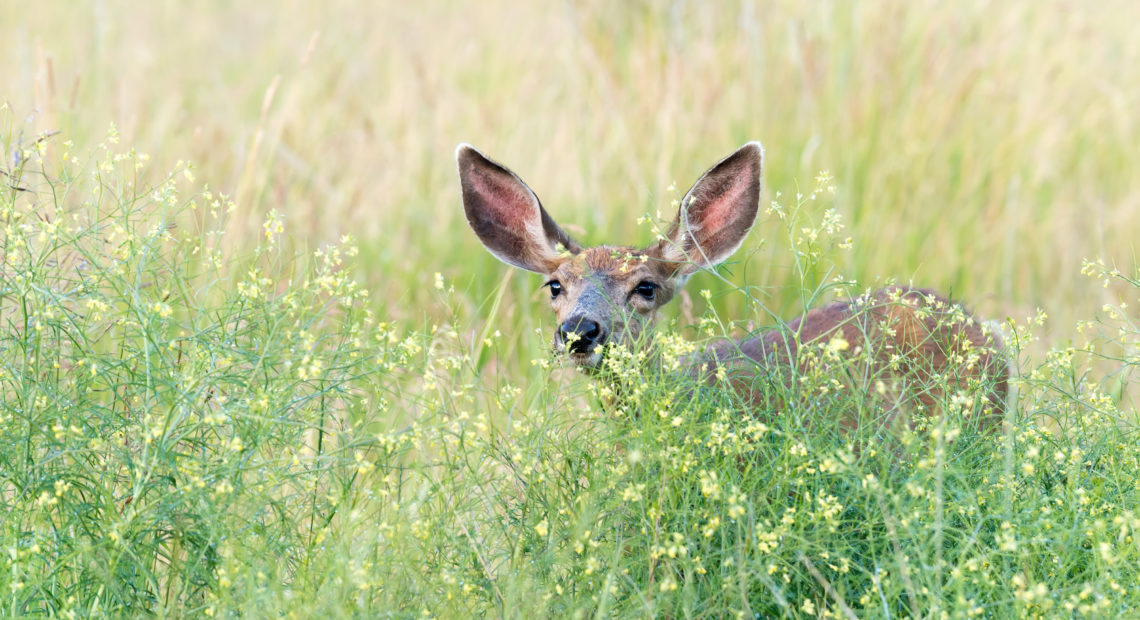
Fatal deer disease found in Washington for the first time
watch
Listen
(Runtime 0:59)
Read
A fatal disease for deer has been confirmed in Washington state. This first confirmed deer with chronic wasting disease was found dead in Spokane County.
There is no cure for chronic wasting disease. It can spread to deer, elk and moose, which are all in the deer family, known as cervids. Eventually, it can reduce cervid populations.
Infected deer may drool a lot, have a lack coordination or appear listless. The only way to confirm it is by testing lymph nodes or brain tissue.
Chronic wasting disease is a prion disease. It is similar to mad cow disease, which was found in the lower Yakima Valley, near Mabton, nearly 20 years ago.
However, studies show there is no evidence of chronic wasting disease moving from cervids to people. Still, the United States Centers for Disease Control and Prevention recommends people don’t eat meat from an infected animal.
Washington wildlife officials have worried about finding chronic wasting disease in the state for years. It has slowly been spreading and has been found in 34 other states, according to the Washington Department of Fish and Wildlife. It has been found in Idaho, but not in Oregon.
Washington officials began planning for its arrival in 1995, when they started testing animals for the disease. In 2021, the department stepped up its efforts as the disease crept into western Montana.
“We detected this case because of the surveillance program, and we are immediately reviewing our Management Plan and the circumstances of this detection. We will announce additional management actions soon,” said Eric Gardner, the department’s Wildlife Program director, in a news release.
The Washington Department of Fish and Wildlife plans to collect tissue samples from deer, elk and moose in the Spokane area to learn more about this outbreak.
















